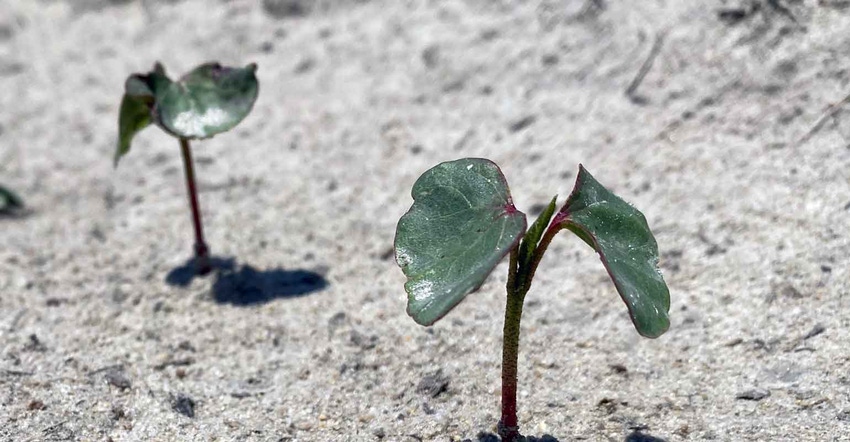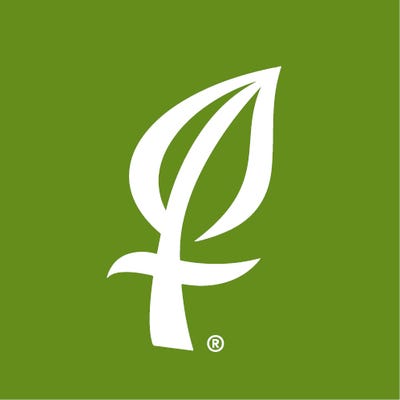June 6, 2022

North Carolina State University Extension Entomologists Dominic Reisig and Anders Huseth are warning North Carolina cotton farmers that tarnished plant bugs will continue to be a major pest in North Carolina cotton based on results of recent studies conducted in commercial fields across the state.
In an Extension posting, Reisig and Huseth pointed to a recent survey of commercial cotton fields that provided data verifying the long-known regional nature of tarnished plant bugs. Furthermore, the entomologists pointed out that recent studies have demonstrated that higher minimum temperatures and a greater area planted to wheat and soybeans has likely contributed to the increase of tarnished plant bugs in North Carolina cotton.
“Because of the regional nature of this pest, some growers can count on multiple sprays for tarnished plant bug a year, while others might only spray once, or some not at all. Furthermore, insecticide efficacy varies across the year, with some insecticides becoming less effective as the year progresses. In addition, growers need to be cautious using more broad-spectrum insecticides early in the season to preserve beneficial insects,” Reisig and Huseth wrote.
“Before you spray for tarnished plant bug in cotton, be sure you have reached the economic threshold. North Carolina research shows that the most consistent way to maximize economic returns when managing tarnished plant bug is to scout weekly and to treat when the economic threshold is reached (prior to bloom, 8 adults in 100 sweeps AND >80% square retention; post-bloom, 2-3 immatures per drop cloth sample),” Reisig and Huseth advise.
In their Extension post, the entomologists outlined a set of recommendations to reflect expectations of greater plant bug pressure in North Carolina cotton this year. Read their posting and recommendations by clicking here.
About the Author(s)
You May Also Like






